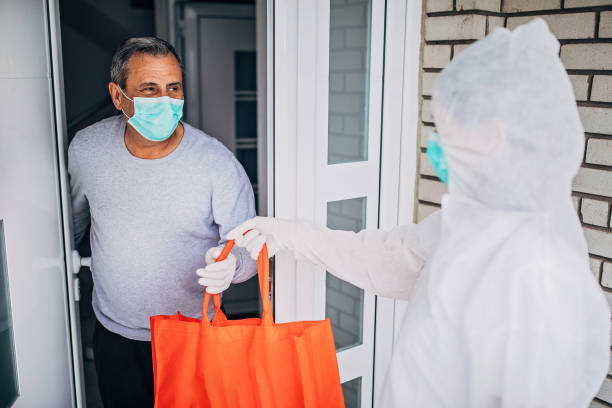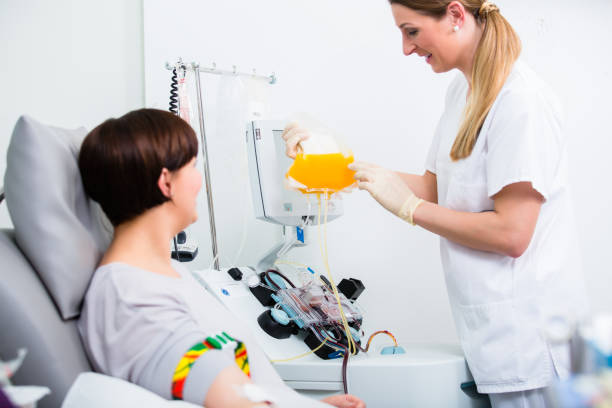Donate My Body to Science: A Noble Gift to the Future
Understanding Body Donation
Donating your body to science is an altruistic decision that contributes significantly to the advancement of medical research and education. This choice provides essential resources for scientists, medical students, and researchers to study the human body in-depth, leading to the development of new medical treatments, surgical techniques, and a better understanding of human anatomy and diseases. Unlike organ donation, which involves donating specific organs to save or enhance the lives of recipients, body donation typically involves giving your entire body to a medical or scientific institution.
The Importance of Body Donation
Body donation plays a crucial role in medical education. Medical students and professionals gain invaluable hands-on experience by studying real human bodies, which helps them understand the complexities of human anatomy and physiology better than textbooks or simulations can offer. This practical experience is vital for training surgeons, pathologists, and other healthcare professionals who must develop precise skills for diagnosing and treating patients.
Moreover, body donation supports medical research. Researchers studying various diseases, such as cancer, Alzheimer's, and heart disease, rely on donated bodies to understand these conditions better and develop new treatments. This research can lead to breakthroughs that improve healthcare outcomes for future generations.
The Process of Donating Your Body to Science
The process of donating your body to science involves several steps. First, you must decide if this is the right choice for you and discuss it with your family. It's essential to inform your loved ones about your decision to ensure they support your wishes and understand the process.
Next, you need to contact a medical school, university, or scientific institution that accepts body donations. Each institution has its own procedures and requirements, so it's crucial to understand their specific guidelines. Typically, you'll need to complete and submit a consent form, indicating your wish to donate your body. This form may need to be notarized, and in some cases, witnessed.
After your death, your family or the executor of your estate must contact the institution to arrange for the transportation of your body. Most institutions cover the cost of transportation within a certain distance, but it's important to clarify these details in advance.
Once the institution receives your body, it will be used for educational or research purposes. This process can take several months to several years, depending on the institution's needs and your body's condition. After the research or educational use is complete, the institution will typically cremate your remains and return the ashes to your family, if desired.
Legal and Ethical Considerations
Donating your body to science is a legally binding decision, but it can be revoked at any time before your death. You should inform the institution if you change your mind and update any relevant legal documents, such as your will or advance directive.
It's important to ensure that your decision to donate your body complies with state and local laws. Some states have specific regulations governing body donation, so it's essential to research these laws or consult with an attorney if you have any questions.
Ethically, body donation is a personal decision that should be made with careful consideration and respect for your own values and beliefs. It can provide comfort to know that your contribution will help advance medical knowledge and improve healthcare for future generations.
The Benefits of Body Donation
The benefits of body donation extend beyond the scientific and medical communities. For many people, donating their body to science is a way to leave a lasting legacy and contribute to the greater good. It can provide a sense of purpose and fulfillment, knowing that your final act will have a positive impact on others.
For families, body donation can offer solace and closure. Knowing that their loved one's body is being used to advance medical knowledge and potentially save lives can be comforting. Additionally, the institution typically handles the cost of cremation, which can alleviate some of the financial burden on the family.
Challenges and Misconceptions
Despite the numerous benefits, body donation is sometimes met with challenges and misconceptions. One common misconception is that body donation is the same as organ donation. While both are acts of generosity, they serve different purposes. Organ donation aims to save or enhance lives through the transplantation of specific organs, while body donation supports medical education and research.
Another challenge is the emotional and cultural considerations surrounding body donation. Some individuals and families may have religious or cultural beliefs that conflict with the idea of donating a body to science. It's important to have open and honest conversations with family members to address any concerns and ensure that everyone is comfortable with the decision.
How to Support Body Donation
If you're considering donating your body to science, there are several ways to support this decision and encourage others to do the same. One way is to share your decision with family and friends, explaining the reasons behind your choice and the benefits it offers. This can help normalize body donation and reduce any stigma or misconceptions.
Additionally, you can support organizations and institutions that promote body donation. Many medical schools and research institutions rely on donations to continue their important work. By raising awareness and advocating for body donation, you can help ensure that these institutions have the resources they need to advance medical knowledge and improve healthcare outcomes.
Conclusion
Donating your body to science is a noble and selfless act that can have a profound impact on medical education and research. It provides invaluable resources for training healthcare professionals and advancing our understanding of human anatomy and disease. While the decision to donate your body to science is deeply personal, it offers a way to leave a lasting legacy and contribute to the greater good. By carefully considering the process, legal and ethical implications, and potential challenges, you can make an informed decision that aligns with your values and beliefs.




